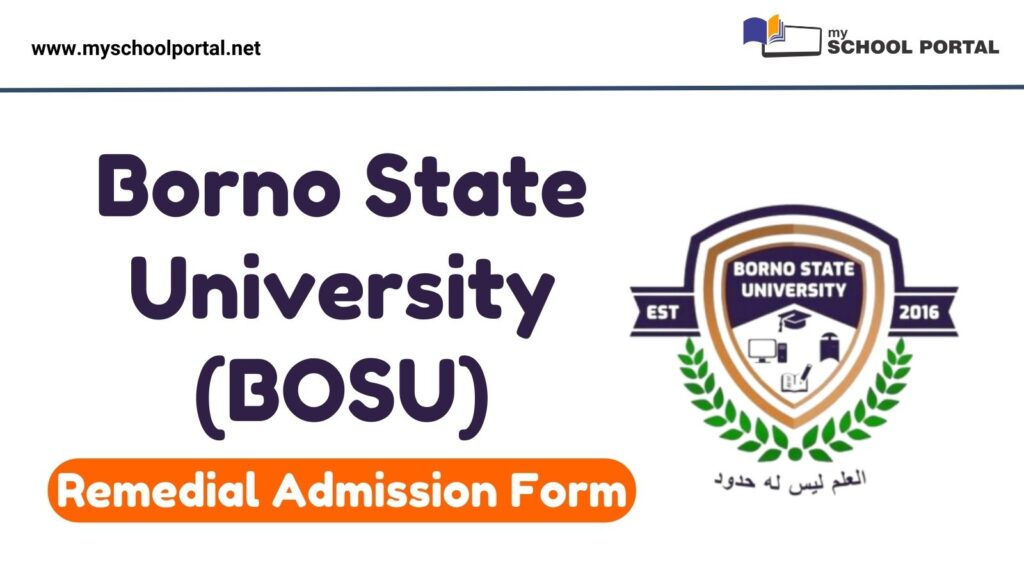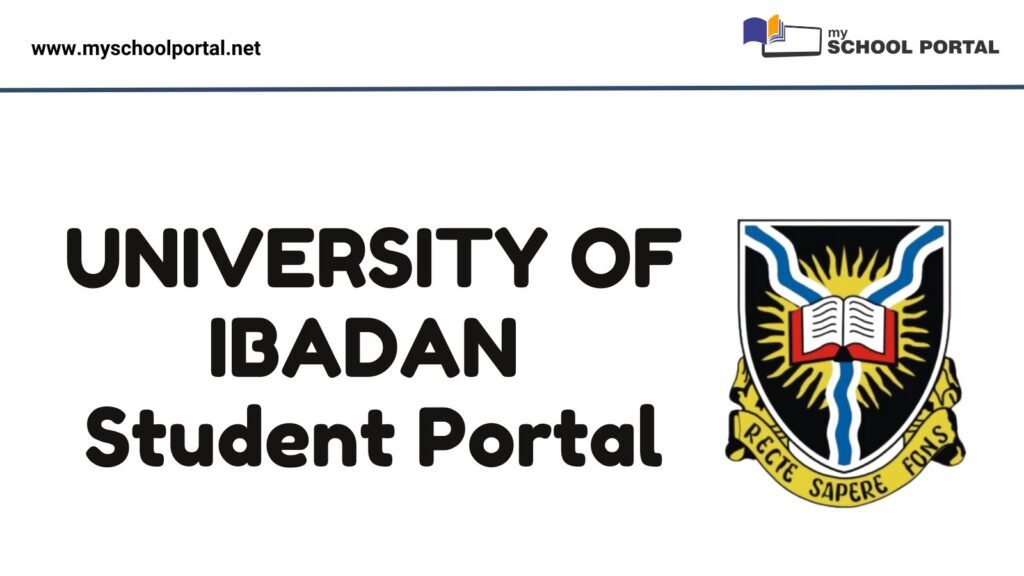Teaching goes beyond delivering lessons; it’s a transformative process of nurturing students’ unique abilities and guiding them toward success. Every student has distinct talents, and as educators, the responsibility lies in recognizing and fostering these strengths. Below are practical strategies to help unlock your students’ potential.
Cultivate a Positive and Supportive Classroom Environment
Creating a Safe Space
Establishing a classroom environment where students feel secure and valued is essential for learning. A “no judgment” policy encourages open communication and ensures students feel comfortable sharing their thoughts. This approach helps eliminate fears of ridicule, particularly for students hesitant to participate. Gentle encouragement and fostering mutual respect can help every student feel seen and heard.
For example, implementing “talking circles” allows students to express themselves without interruptions, creating an inclusive space. Addressing bullying directly by promoting kindness ensures a supportive community where every student can thrive.
Recognizing Individuality
Understanding and catering to individual learning styles can significantly enhance students’ confidence and performance. Visual learners might benefit from videos and infographics, while hands-on learners thrive in practical lessons. Encouraging collaborative projects for students who excel in group settings fosters teamwork and builds a sense of belonging. Tailoring teaching methods to students’ strengths can help them feel more engaged and empowered.
Encouraging Learning from Mistakes
Mistakes are valuable learning opportunities. Teaching students to view failure as a step toward growth fosters resilience. When a student makes an error, guide them to analyze the issue and explore ways to improve. This approach not only boosts problem-solving skills but also helps them develop a positive attitude toward challenges.
Build Strong Relationships with Your Students
Show Genuine Interest
Getting to know your students beyond academics helps build trust and engagement. Understanding their interests and passions allows you to tailor lessons that resonate with them. For instance, using football analogies to explain math concepts can make the subject more relatable for a sports enthusiast.
Be Approachable and Accessible
Creating opportunities for informal interactions strengthens teacher-student relationships. Being available during breaks or after school encourages students to seek guidance and share concerns. This approach fosters a sense of trust, making students feel supported both academically and personally.
Offer Encouragement and Support
Celebrating students’ achievements, no matter how minor, reinforces their confidence and motivation. Publicly recognizing progress—such as displaying artwork or praising effort—can boost morale and inspire others to strive for excellence.
Inspire and Motivate
Share Your Passion
Your enthusiasm for a subject can be contagious. Sharing personal experiences or intriguing facts related to your lessons can captivate students and ignite their curiosity. For example, weaving historical anecdotes into a history lesson can make the subject more engaging and relatable.
Set High Expectations
Encourage students to challenge themselves by setting ambitious yet achievable goals. Assigning complex tasks that require critical thinking can help them discover untapped potential. Believing in their capabilities motivates students to push boundaries and achieve remarkable outcomes.
Connect Learning to Real Life
Making lessons relevant to real-world applications enhances engagement. For instance, organizing a field trip to study local biodiversity in a biology class helps students see the practical implications of their studies. Such activities deepen their understanding and make learning more meaningful.
Empower Students to Take Ownership of Their Learning
Provide Choice and Autonomy
Giving students some control over their learning fosters intrinsic motivation. Allow them to choose project topics or presentation formats to explore subjects they’re passionate about. This autonomy encourages deeper engagement and a sense of responsibility for their education.
Encourage Collaboration
Group projects not only enhance teamwork but also allow students to develop essential skills such as communication and problem-solving. Collaborative tasks create a sense of community and help students learn from one another. For example, assigning a group project to create a historical timeline can promote shared learning and mutual support.
Unlocking students’ potential is a rewarding journey that requires commitment, empathy, and belief in their abilities. By fostering a positive environment, building meaningful relationships, and inspiring motivation, educators can help students discover their unique talents and achieve extraordinary success. Every student has a spark waiting to be ignited, and teachers have the privilege of helping them shine.
Related
Stay updated with the latest student resources and insights from My School Portal! Subscribe to our newsletter for fresh content delivered straight to your inbox—no spam, just value 😊












